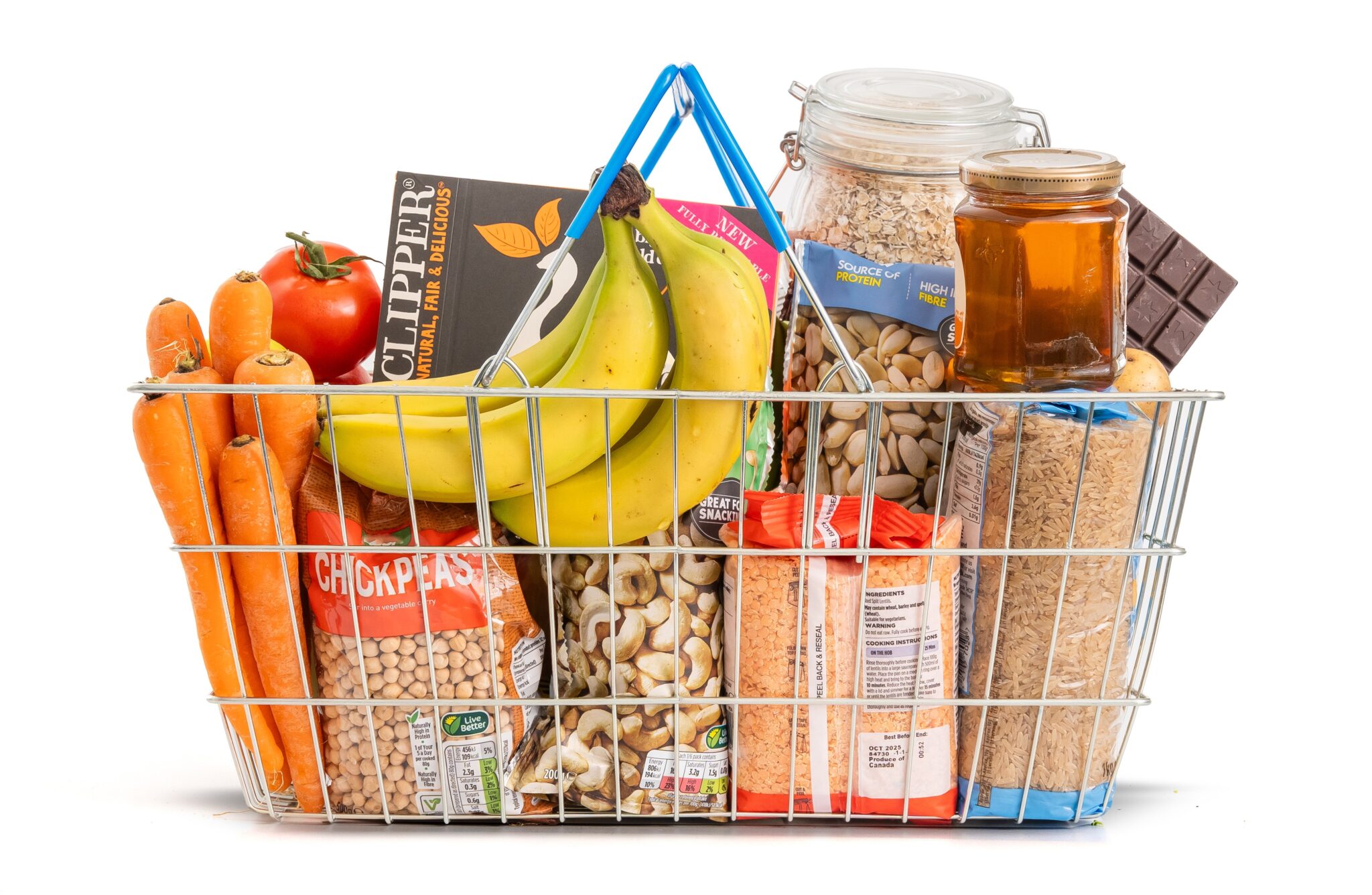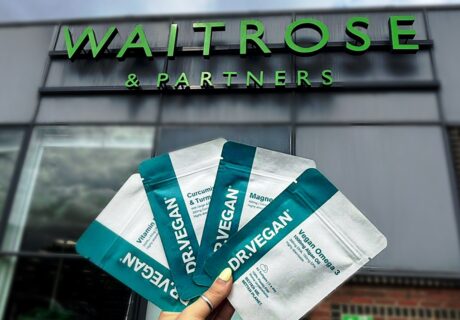New research commissioned by Ecotone has found that British shoppers are making more sustainable choices than they may even realise.
In a survey of 2,000 UK adults, the top ingredients most purchased by UK shoppers were revealed, finding that Fairtrade, organic, taste, and health are all dominant in weekly food purchases, with Fairtrade bananas (70.75%), chocolate (67.75%), coffee (65.25%), and tea (63.95%) all taking the top spots.
The survey found that 30% of the average weekly food shop now consist of sustainable foods, with 38% of shoppers opting for organic products in their everyday meals versus just 9% who buy organic for special occasions.
Nine different food categories were explored, highlighting their social and environmental benefits, such as zero-waste, crop rotation, natural products, minimal processing, and organic certification. The top weekly purchases per category included:
- Plant-based meat and fish: Quorn
- Legumes, Lentils, and Pulses: Kidney beans
- Grains: Oats
- Fairtrade: Bananas
- Daily Alternatives: Oat Milk
- Organic fruit: Banana
- Organic Vegetables: tomatoes
- Nuts & Seeds: Peanuts
- Snacks: Cereal bars
Environmental impact (35%), taste (35%) and health (34%) were equally ranked with price (36%) as motivators for sustainable grocery purchase.
A third of those polled define ‘sustainable food’ as ‘made with organic ingredients’, with 37% citing ‘free from harmful pesticides and chemicals’ and 27.5% mentioning ‘promotes biodiversity’. However, one in seven people believe there is no clear definition of sustainable food, a statistic Ecotone is determined to address.
Emma Vass, CEO at Ecotone UK, comments: “Our research shows just how many people buy and eat sustainable food daily, including organic. While many shoppers may think their shopping basket isn’t particularly green, Fairtrade and organic products featured as top buys, suggesting that people are more sustainably-minded than they realise. Eating sustainably doesn’t have to be complicated or pricey. Good everyday basics make a difference to personal health and the planet.
“It’s good to see that almost one third of shoppers define sustainable food as ‘organic’ and hopefully that number will continue rise. This is what we believe. Organic is the future of food.”
Find out more >> www.ecotone.bio





